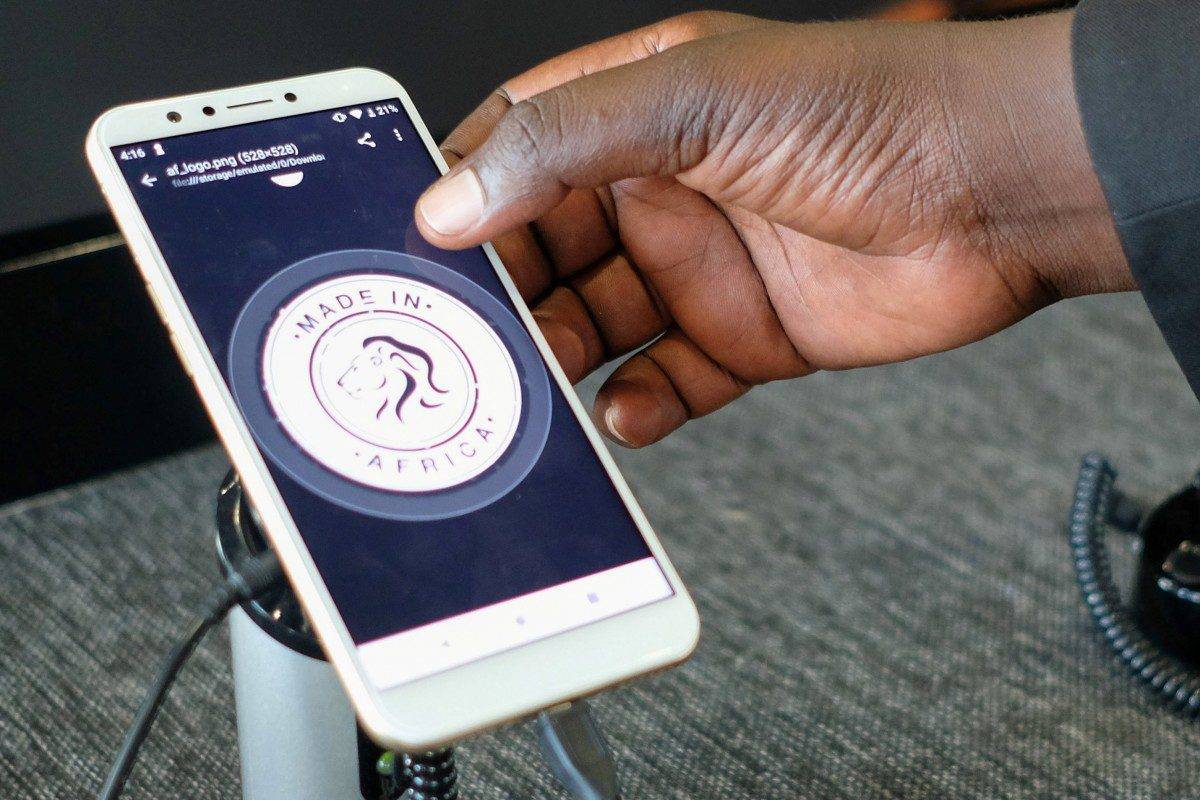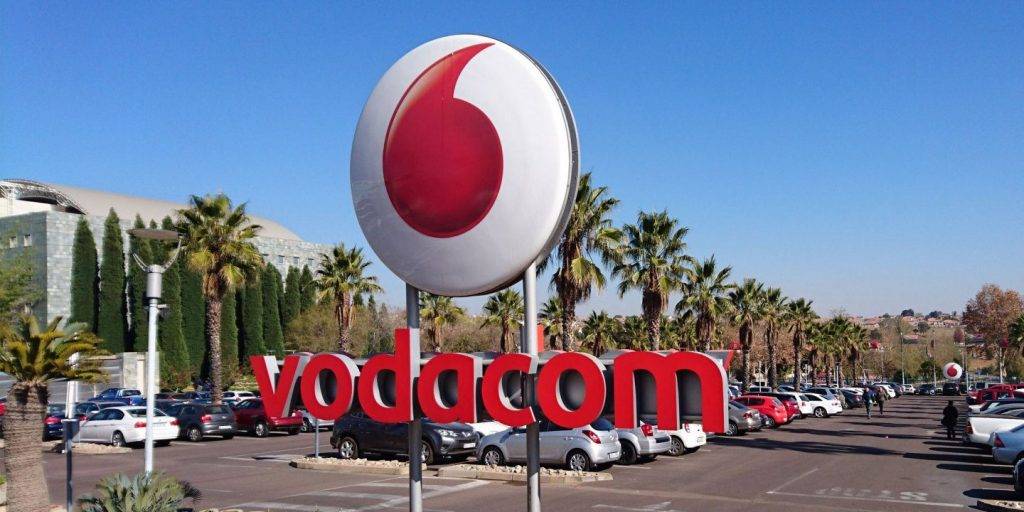The Sweet Secret To The Ties Between ‘Made In Africa Phones’ And Vodacom

Mara Phones is sitting on what is billed as Africa’s first entirely homemade smartphone factory. The Kigali-based manufacturer is breaking into Africa’s growing mobile market and it is tying up with Vodacom to sell its smartphones in South Africa.
In October 2019, South African president, Cyril Ramaphosa, cut the ribbon to open the country’s first smartphone manufacturing plant. The launch of the plant at the Dube tradeport in Durban, is mostly no different to the unveiling of its Rwanda branch by President Kagame barely a week earlier.
The USD 100 Mn investment in Durban was followed by a partnership with Vodacom South Africa about two months later. When the network provider announced that it would be offering the locally manufactured phones to consumers, it was evident a collaboration of sorts was long in the background.
Skills And Job Creation
In 2018, Africa’s mobile device market shipped in 88.2 million smartphones. Usually lamented as a missed avenue to double down on local manufacturing, Africa’s dependence on goods made elsewhere has become a swelling concern.
Along the line of breaking the monopoly of international companies comes the plus of creating job opportunities and skill acquisition frontiers.
Davide Tacchino, Terminals Managing Executive at Vodacom explained to WeeTracker that partnering with Mara Phones allows the company to reach more South Africans.
The win-win situation is spelled by Vodacom being the country’s leading and largest network, equally committed to fostering innovation in Africa.
“We are also simultaneously contributing to skills development and job creation,” Tacchion says. “As the largest smartphone distributor in the country, Vodacom ensures customers have the widest variety of choices.
Vodacom SA and Mara Phones are drivers of connectivity, both committed to ensuring access for all on the journey to the Fourth Industrial Revolution”.
So Far
Speaking of the Fourth Industrial Revolution, the Mara Phones initiative seems to be on track. A report by Tata Consultancy Services (TCS) regarding the behaviors that define “digital transformation” identifies key things for (African) businesses to adopt.
They include mass personalization, creating exponential value, and leveraging ecosystems to foster collaboration. Even though 1 in 10 businesses have these accounted for, it’s fair to say things are on track in the continent.
With one of the highest jobless rates in the world, unemployment in South Africa has increased from under 22 percent in 2008 to a current rate of 27 percent.
While keeping an eye on Chinese manufacturers such as Huawei and Transsion, Mara Phones has a mission – among many – to tackle unemployment.
“The Mara Phones factory in South Africa employs over 200 people, 90% of which are previously skilled, unemployed youth and 60 percent of these employees are women,” said Ashish J. Thakkar, CEO of Mara Phones.
Alignment

According toTacchino, the company shares the vision of offering customers the most extensively spread choice and variety of smartphones.
“Today’s consumers are also looking for brands whose values align with theirs and given the fact that Mara phones are Made in Africa, the product will appeal to those who seek to support local manufacturers,” he underlined.
If there’s anything learnable from Transsion’s play in Africa, it’s that people from the continent have a soft spot for phones made specifically for them.
Unlike European, American and other Asian brands who design phones mainly for their home markets, Africa’s top-selling phone maker built most of its devices specifically for African consumers. Judging from a USD 400 Mn IPO raise which valued Transsion at USD 6.5 Bn, the strategy did pay off.
Transsion’s success can also be attributed to the canny blend of huge marketing and brand awareness. Not only does the battery life of the devices last long, the cameras are calibrated for darker skin tones in low light.
To make the phones affordable, the Chinese company forewent high-end features such as AI and cloud storage, pricing most of the phones for USD 10.
What Is Vodacom Selling?
Mara Phones may be doing something unmistakably familiar. The Mara Z is a high-performance device that uses the latest AndroidOne operating system and offers 3GB and 32GB storage, a 5.7″ LCD Display, back and front 13 MP cameras, and a robust security system that keeps the phone clean and fast.
The Mara X is the “lite” version of the smartphone which specifically caters to those consumers who need to be frugal with their data spend. Operated by Android Go, the device hosts a “lighter” version of popular apps such as YouTube and Gmail combined with a 3500 mAh battery to enhance performance and user experience.
The company disclosed to WeeTracker that a percentage of sales of the Mara phones will be used to invest back into worthy causes and with Vodacom as a key strategic distribution partner, we are excited about the potential of uptake.
Investments
It is no new information by now that investment on the continent leads to growth and will improve lives. With smartphone penetration at an all-time high of 33 percent in Sub-Saharan Africa. By selling Mara’s phones, Vodacom will be able to sustain its South African title.
Iterating this, Tacchino offers: “Mara Phones are the first to launch smartphone devices made in Africa which will continue to drive the development of affordable, high-quality smartphones equipped with the latest technology in Africa”.
He continued: “The focus on smartphone growth in Africa will continue to enable access to transformational tools and services as digital enablers for financial inclusion and reduce the digital divide”.
Featured Image: Scmp